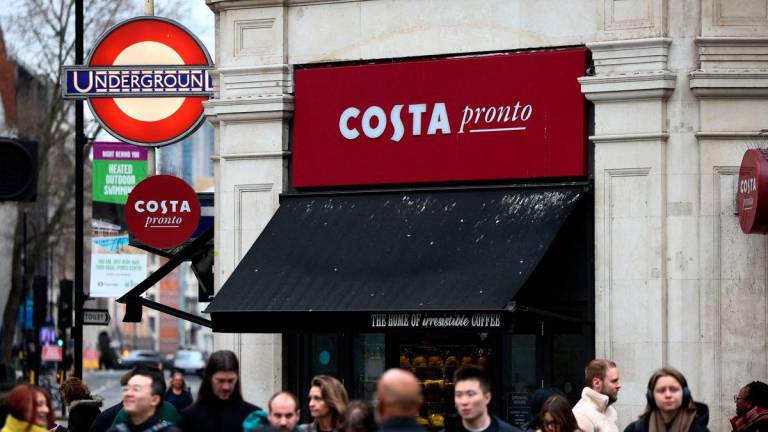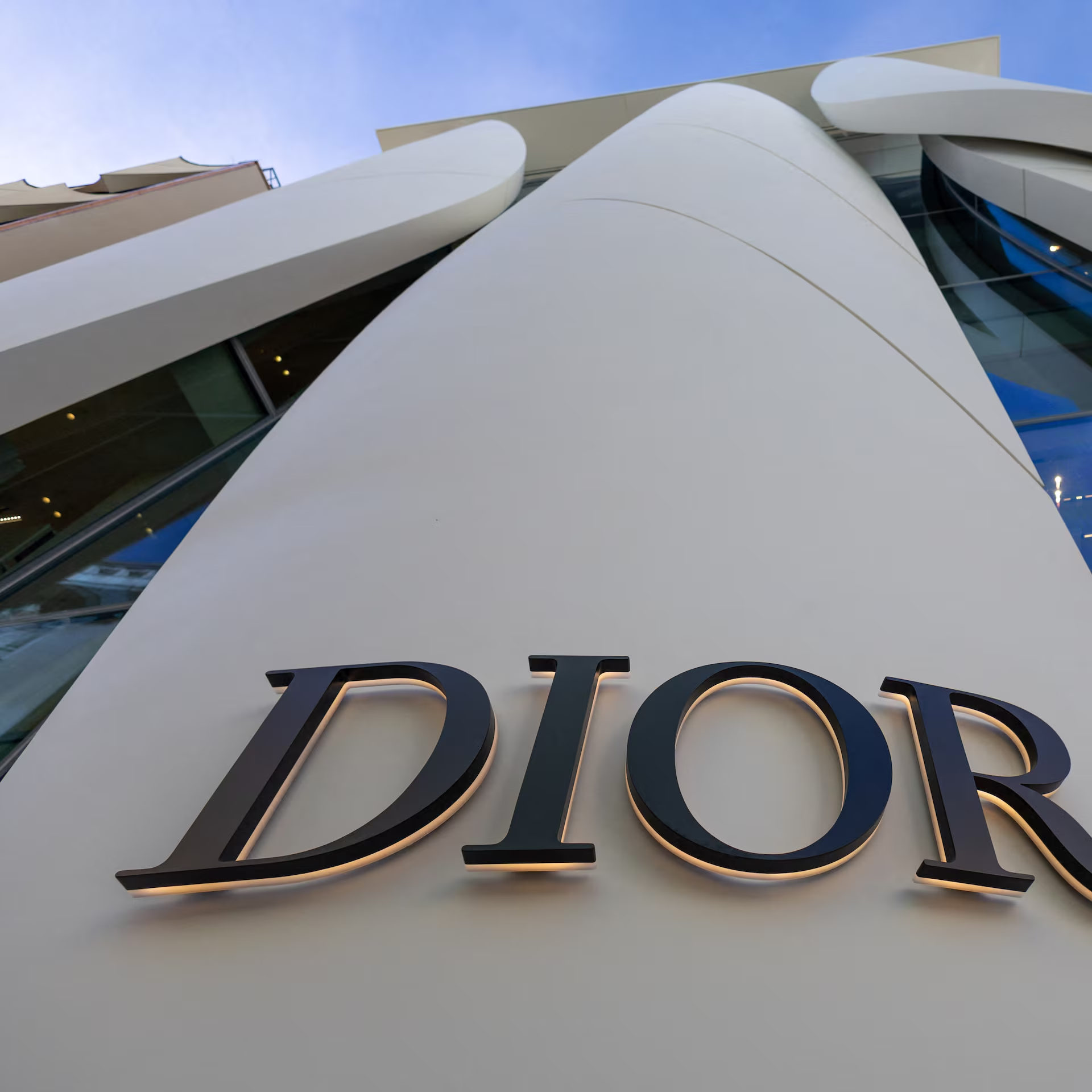Coca-Cola is reportedly exploring the future of Costa Coffee, the UK-based coffee chain it acquired in 2018, with a potential sale now on the table. According to Sky News, the company has engaged investment bank Lazard to evaluate its options as it reassesses the long-term role of Costa within its global portfolio.
Exploring a Sale
Initial discussions have taken place with a select group of potential buyers, including private equity firms. While no decision has been finalized, indicative offers are expected later this year. Coca-Cola may ultimately choose to retain Costa if the bids do not align with its valuation or strategic ambitions.
Coca-Cola purchased Costa for more than $5 billion, viewing the deal as a way to expand beyond traditional soft drinks into the global coffee market—a sector dominated by Starbucks and Nestlé.
Costa’s Global Footprint
Costa remains a significant player in the international coffee industry. The brand operates in 50 countries, with more than 2,700 outlets across the UK and Ireland and another 1,300 locations globally. Its positioning as a mid-market, accessible coffee chain has made it a strong rival in regions where premium coffee brands have been slower to penetrate.
Market Context
The reported review comes at a time of shifting dynamics in the food and beverage sector. In the U.S., where Coca-Cola has long relied on its soft drinks portfolio, there is rising pressure from regulators and policymakers to reduce reliance on sugary beverages. Broader consumer trends are also moving toward healthier, functional, and premium alternatives, forcing legacy players to reassess product strategies.
In July, President Donald Trump announced that Coca-Cola had agreed to switch to using real cane sugar in its U.S. products, aligning with Health Secretary Robert F. Kennedy Jr.’s Make America Healthy Again campaign. This reinforces the wider shift inside Coca-Cola toward adapting to evolving consumer expectations.
Strategic Implications
If Coca-Cola moves forward with the sale, it would mark a significant pivot away from its coffee diversification strategy—a move that once symbolized its ambition to compete with global café giants. For Costa, new ownership under a private equity consortium or strategic buyer could bring renewed investment and expansion, particularly in emerging markets where coffee culture continues to grow rapidly.
For Coca-Cola, the decision reflects a broader challenge: balancing diversification into new categories with staying true to its core strengths. Whether Costa is sold or retained, the outcome will signal how Coca-Cola plans to navigate the next phase of consumer demand in the global beverage market.
Partner With Us
Want to feature your brand, business, or service on 365247 — Whether you’re looking to sponsor, collaborate, or build presence within our ecosystem, we’d love to explore it with you.
Submit your interest here
IMAGE: Reuters


